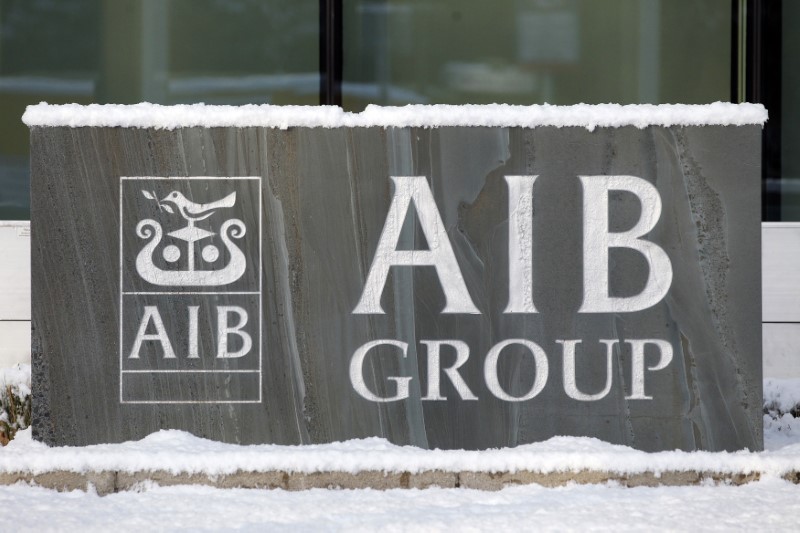Investing.com -- RBC (TSX:RY) Capital Markets has initiated coverage on three major Irish banks—AIB Group (IR:AIBG), Bank of Ireland (IR:BIRG), and Permanent TSB (IR:PTSB)—flagging both their opportunities and risks in a shifting economic landscape.
The note underscores that Ireland's economy remains robust but flags the high sensitivity of these banks to interest rate movements.
As interest rates enter a cutting cycle, RBC analysts anticipate potential downgrades in the consensus outlook for these banks, driven by pressures on their net interest income, which forms a large portion of their revenue.
Among the banks, AIB stands out as RBC's preferred pick. While all three banks are expected to face challenges, AIB’s stronger valuation, higher shareholder returns, and more manageable risks position it better compared to its peers.
RBC's analysts noted several reasons for this preference, including AIB's limited exposure to the UK’s motor finance sector, which continues to present regulatory uncertainty for Bank of Ireland.
Moreover, AIB is expected to benefit from the concentration in Ireland’s retail banking sector, where it enjoys the largest market share in mortgages and deposits.
Bank of Ireland and Permanent TSB, on the other hand, are viewed as expensive relative to their returns, with RBC assigning them underperform ratings.
Bank of Ireland, while more diversified in its revenue sources, is exposed to UK motor finance, an area currently under review by the Financial Conduct Authority.
This poses a risk to earnings, particularly as the rate environment softens. For Permanent TSB, the bank's heavy dependence on NII, combined with a high cost base, limits its profitability in a falling rate environment.
On the economic front, RBC paints a generally positive picture for loan growth across Ireland's banking sector. Ireland's economy is expected to grow at a faster pace than the Euro Area and the UK, supported by a healthy consumer base that has reduced leverage since the global financial crisis.
Additionally, RBC expects that Ireland's housing shortage, combined with a low debt-to-GDP ratio for consumers, will drive demand for mortgages, particularly benefiting retail-focused lenders like Permanent TSB.
The analysts also delve into the competitive dynamics of the Irish banking sector.
Despite the emergence of digital banking challengers such as Revolut, the sector remains highly concentrated, with the three largest banks controlling around 86% of the mortgage and deposit markets.
This concentration, as per RBC, should allow the banks to maintain pricing power, providing some cushion as interest rates decline.
